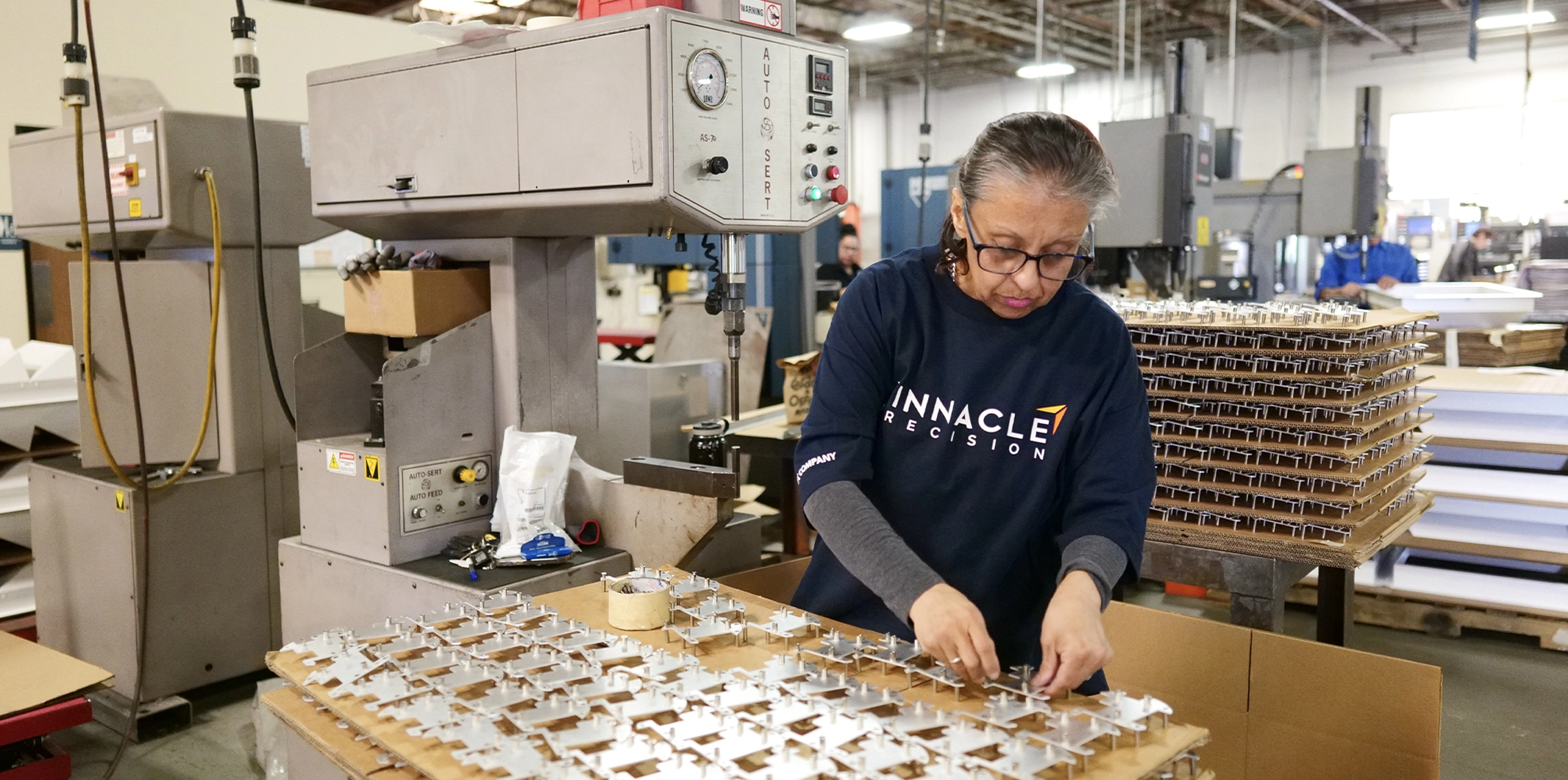Navigating the workplace can be particularly challenging for individuals with cognitive differences such as ADHD, autism spectrum disorders, or learning disabilities. While the workforce is becoming increasingly inclusive, gaps remain in understanding these unique challenges and creating empowering employment benefits. Employers have the opportunity to not only improve their bottom line but also significantly impact lives by offering tailored benefits that support neurodiverse employees.
This blog uncovers key employment benefits tailored for individuals with cognitive challenges, highlights real-life examples, and provides actionable insights to create a more equitable and accommodating workplace.
Why Tailored Benefits Matter
Supporting neurodiverse employees goes beyond moral obligation. Research has shown that diverse teams are more innovative and productive, yet neurodiverse talent remains underutilized in the workforce. Creating specialized employment benefits can help individuals feel valued, reduce anxiety around their conditions, and enhance their contributions to the company.
Benefits tailored to cognitive challenges can address barriers such as difficulty with communication, time management, sensory sensitivities, and mental health concerns. These solutions ultimately lead to a happier, more engaged, and productive workforce.
Employment Benefits That Make a Difference
Flexible Work Arrangements
For individuals with cognitive challenges, rigid schedules may feel overwhelming. Flexible work arrangements provide the opportunity to work during hours when they feel most productive. Here’s how employers can implement this benefit effectively:
- Telecommuting Options:
Remote work enables individuals to create an environment that minimizes distractions like bright lights or background noise.
- Customized Schedules:
Allowing employees to work staggered hours can help them manage focus and energy levels. For example, a person with ADHD might perform better with a late start to their day.
Access to Mental Health and Wellness Services
Cognitive challenges are often accompanied by mental health conditions like anxiety or depression. Employers that prioritize mental health convey empathy and inclusivity. Key strategies include:
- Employee Assistance Programs (EAPs):
Offer confidential counseling services tailored to the needs of employees with cognitive challenges.
- Mindfulness and Stress Reduction Workshops:
Provide guided sessions on mindfulness, which can help employees cope with workplace stress.
- Subscriptions to Well-Being Apps:
Tools like Calm or Headspace are often effective for managing stress.
Accommodation Tools and Technology
Assistive technology can address various cognitive difficulties and help employees excel in their roles. Examples to consider include:
- Speech-to-Text Software:
Ideal for individuals with dyslexia or language-based challenges to assist with writing tasks.
- Project Management Tools:
Applications like Trello or Monday.com can help employees with multiple tasks manage workflows visually.
- Ergonomic Solutions:
Offering chairs or desks tailored for comfort can assist individuals with sensory sensitivities.
Clear Communication Policies
Communication barriers are a common issue for individuals with cognitive challenges. Establishing clear communication policies can alleviate unnecessary confusion and stress:
- Regular Check-Ins:
Managers can use check-ins to clarify tasks and offer real-time feedback without overwhelming employees.
- Clear Work Instructions:
Breaking down tasks into smaller, manageable steps minimizes confusion.
- Encourage Open Feedback:
Create a culture where neurodiverse employees feel safe to discuss their challenges and needs.
Neurodiversity Training for Teams
Building an inclusive workplace requires awareness and understanding among all employees. Offering neurodiversity training can equip teams with the tools needed to foster inclusivity:
- Workshops Led by Experts:
Host training sessions with neurodiversity advocates or professionals who can share best practices.
- Focus on Empathy:
Help colleagues understand how cognitive differences may impact work styles and interactions.
- Inclusive Hiring Practices:
Train HR teams to recognize and value neurodiverse talent during hiring processes.
Mentorship Programs
Mentorship can be a game-changer for employees navigating cognitive challenges. A supportive mentor can provide guidance, encouragement, and personal development opportunities. Initiating a mentorship program includes:
- Matching Based on Understanding:
Pair mentors and mentees who share similar experience or understanding of cognitive challenges.
- Regular Touchpoints:
Ensure periodic check-ins to track the mentee’s progress and goals.
A Real-Life Impact Story
Consider the case of a company in Salt Lake City that implemented inclusive employment benefits. They tailored their disability benefits for physical impairments, extending them to support cognitive challenges as well. From offering flexible work schedules to providing comprehensive mental health support, the initiative led to a 30% increase in employee engagement and a noticeable improvement in retention rates for neurodiverse team members.
This example underscores the vital role thoughtful employment benefits play in fostering diverse and inclusive businesses.
Steps to Begin Implementation
To cultivate an inclusive, empowering work environment, start with the following actionable steps:
- Evaluate Employee Needs:
Conduct surveys and one-on-one discussions to understand specific challenges faced by neurodiverse employees.
- Partner with Accessibility Experts:
Collaborate with specialists who can help implement accommodations and assistive tools.
- Communicate the Value of Inclusion:
Use company-wide communication to demonstrate the importance of diversity and inclusion.
- Measure Impact:
Set metrics to evaluate how effective these benefits and policies are. Measure engagement, retention, and job satisfaction among neurodiverse employees.
Championing a More Inclusive Future
Employment benefits tailored to cognitive challenges are not just niceties; they are essentials in building a future-proof workforce. By prioritizing inclusivity, organizations can unlock the potential of neurodiverse team members, make progress toward a fairer world, and nurture innovation in the workplace. If your organization is aspiring to build a more inclusive workplace, take inspiration from companies offering innovative disability benefits for physical impairments in Salt Lake City and beyond. Start by exploring tools, technologies, and strategies that meet the unique needs of every employee.






